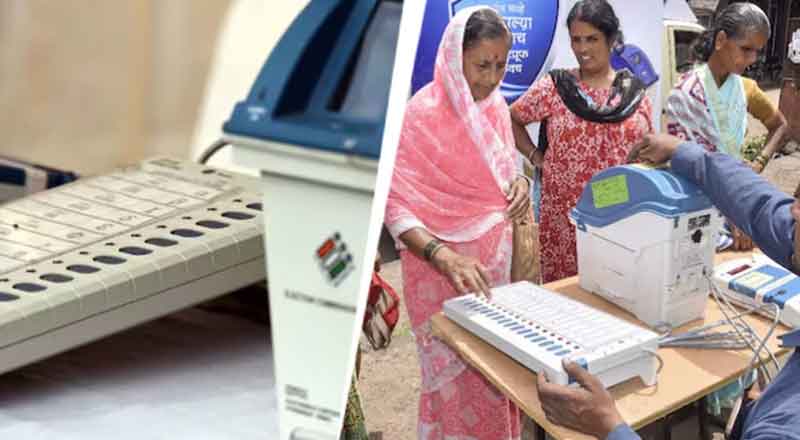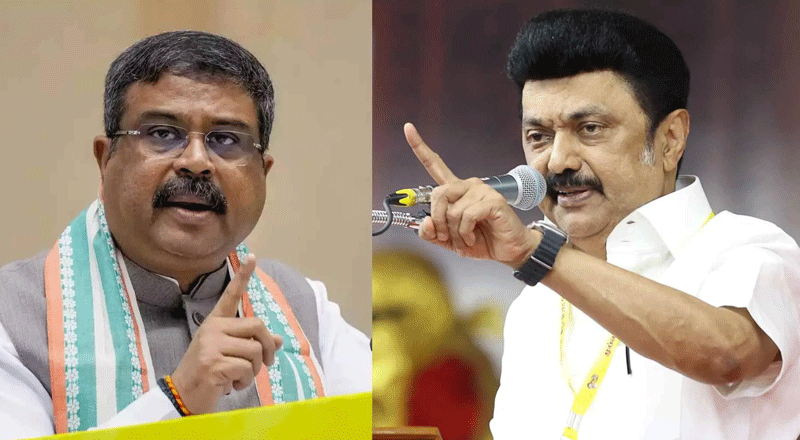EVMs Under Fire, Again
Electronic Voting Machines (EVMs) have frequently been a focal point of controversy in India, often targeted by opposition parties and dissenting voices, especially during elections. Allegations of tampering and hacking, though repeatedly debunked, continue to surface, casting shadows on the credibility of electoral processes. In the latest episode, Mumbai Cyber Police registered an FIR against US-based Shuja Syed for claims of EVM hacking, reiterating a pattern of attacks on EVM integrity that dates back years.
The Case Against Shuja Syed
The controversy reignited when a video featuring Shuja Syed went viral on social media. In the video, Syed alleged the ability to hack and tamper with EVMs used in Maharashtra elections by manipulating their frequencies. Maharashtra’s Chief Electoral Officer (CEO) promptly dismissed these claims as “false, baseless, and unsubstantiated.” Subsequently, an FIR was filed against Syed under the Bharatiya Nyay Sanhita (BNS), 2023, and the IT Act, 2000.
This isn’t Syed’s first brush with the law; similar allegations surfaced in 2019 following the general elections. At that time, Syed claimed at a UK conference that EVMs had been manipulated, prompting another FIR. Authorities believe Syed, a native of Kerala, is currently residing in the United States.
Unpacking the Allegations: Myths vs. Reality
The Election Commission of India (ECI) has long maintained that EVMs are tamper-proof. Officials emphasize that EVMs are standalone devices, not connected to any network—Wi-Fi, Bluetooth, or otherwise—making external manipulation impossible. The ECI has also published detailed FAQs to dispel myths about EVM vulnerabilities, and the Supreme Court of India has repeatedly affirmed its trust in EVM technology.
Despite these assurances, EVMs remain an easy target for critics. The opacity of technology, combined with the political stakes of elections, fuels suspicion and conspiracy theories. Claims like Syed’s, though unsupported by evidence, garner attention, especially on social media, creating challenges for authorities seeking to maintain public trust in the electoral process.
Legal Implications and the Role of Misinformation
The FIR against Syed underscores the growing need to tackle misinformation in the digital age. Under provisions of the IT Act, spreading false information with the intent to undermine public trust in institutions is a punishable offense. This incident highlights the dual responsibility of law enforcement to penalize offenders and of social media platforms to curb the spread of such content.
A Need for Vigilance and Trust
The recurring allegations against EVMs reflect deeper societal anxieties about the interplay of technology and democracy. While the ECI has gone to great lengths to ensure transparency and security, trust in institutions cannot solely rest on technical assurances. Public education, proactive debunking of myths, and strict action against misinformation are vital.
As Shuja Syed’s case shows, the narrative of EVM manipulation persists despite evidence to the contrary. Upholding faith in the electoral process requires not just robust technology but also a vigilant public and responsive governance.
(With inputs from agencies)





